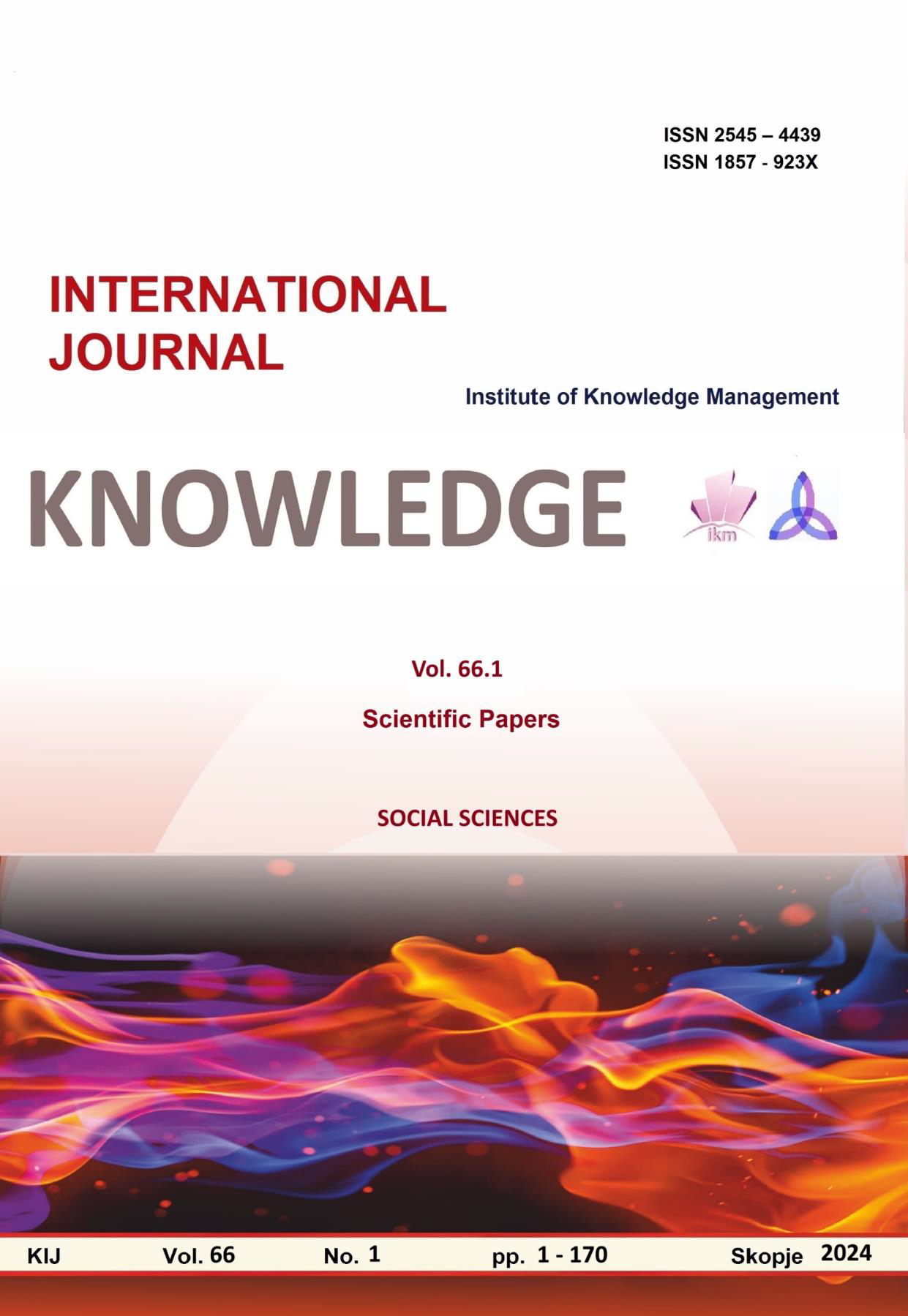THEORY OF PLANNED BEHAVIOR WITH A SOCIAL MARKETING MODEL FOR CONSUMER BEHAVIOR CHANGE IN THE REPUBLIC OF NORTH MACEDONIA
THEORY OF PLANNED BEHAVIOR WITH A SOCIAL MARKETING MODEL FOR CONSUMER BEHAVIOR CHANGE IN THE REPUBLIC OF NORTH MACEDONIA
Author(s): Oliver Mitevski, Aleksandar BlazheskiSubject(s): Social Sciences, Economy, Media studies, Communication studies, Theory of Communication, Marketing / Advertising
Published by: Scientific Institute of Management and Knowledge
Keywords: Social marketing;consumers;strategies;behaviour
Summary/Abstract: One of the most widely used socio-psychological frameworks for forecasting and comprehending human behavior is the theory of planned behavior. The theory of reasoned action, which holds that most human behavior is controlled by free will, served as the foundation for its development. The idea of reasoned action was expanded to include a new element known as perceived behavioral control because volition does not fully explain all human behavior. Icek Ajzen put forth the theory of planned behavior in 1985. The purpose of the individual to carry out a specific behavior is the main idea behind the theory of planned behavior. The research that is currently accessible indicates that more instances of ecological goods also make use of the theory of planned behavior. Apart from attitude, subjective norm and perceived behavioural control, as basic variables of the theory of planned behaviour, additional variables can be included in the basic model in order to contribute to the explanation of the research problem. The theory of planned behavior was first developed, and since then, it has grown to be one of the most popular and significant models for forecasting social behavior in people. It highlights how social pressure, a sense of control, and individual views all influence how people behave. As was previously demonstrated, the notion of planned behavior has been used to explain a variety of behavioral patterns. The TPO model with standard variables was supplemented by extended models that included extra variables and "truncated" models that removed parts of the standard variables. The TPO model with standard variables states that perceived behavioral control, attitude, and subjective norm are the three factors that determine behavioral intention. Perceived behavioral control and behavioral intention are often behavioral predictors. The substantial influence of the independent on the dependent variables of the TPO (Theory of Planned Behavior) model has been substantiated by numerous prior research that used the theory of planned behavior to the setting of organic food consumer behavior. In order to do this, the theory of planned behavior and behavioral intents of consumers of organic food items for personal advantage in the Republic of North Macedonia will be applied in this study.
Journal: Knowledge - International Journal
- Issue Year: 66/2024
- Issue No: 1
- Page Range: 29-32
- Page Count: 4
- Language: English

